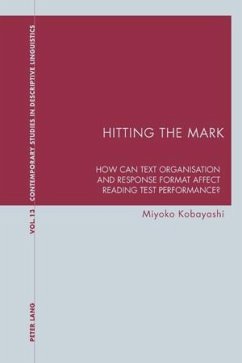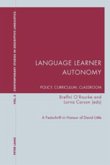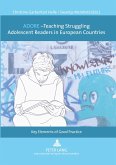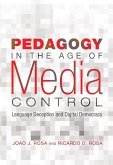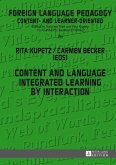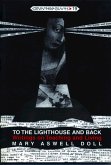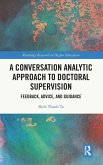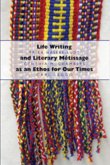Test results are often used to make major decisions, whether for educational or research purposes. But what intervening factors affect the reliability and validity of the tests? And how can we design better tests?
This book draws on a theoretical framework from research in reading and language testing, and investigates the results of a set of reading comprehension tests that were delivered to 750 Japanese university students. Its objective is to improve the quality of language tests by addressing the following questions:
- How do different kinds of text organisation affect students' performance?
- What are the effects of different response formats such as summary writing and open-ended questions?
- What can examiners do to ensure that test results provide a more accurate measure of learners' language abilities?
This book aims to make the full set of the author's research findings available for the first time.
This book draws on a theoretical framework from research in reading and language testing, and investigates the results of a set of reading comprehension tests that were delivered to 750 Japanese university students. Its objective is to improve the quality of language tests by addressing the following questions:
- How do different kinds of text organisation affect students' performance?
- What are the effects of different response formats such as summary writing and open-ended questions?
- What can examiners do to ensure that test results provide a more accurate measure of learners' language abilities?
This book aims to make the full set of the author's research findings available for the first time.

